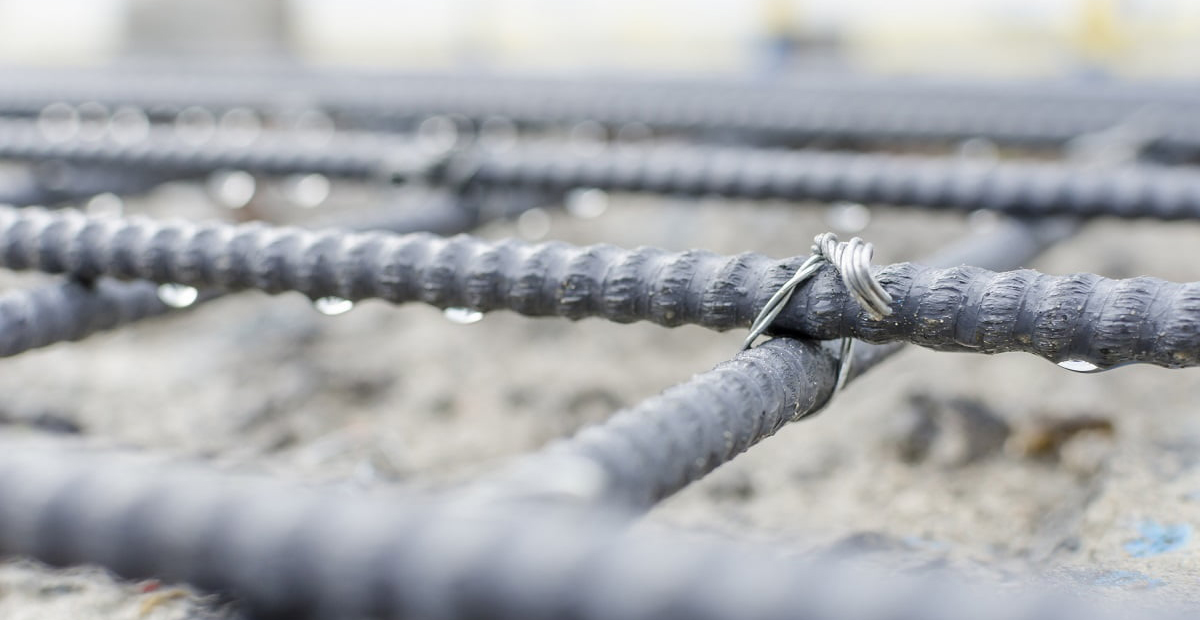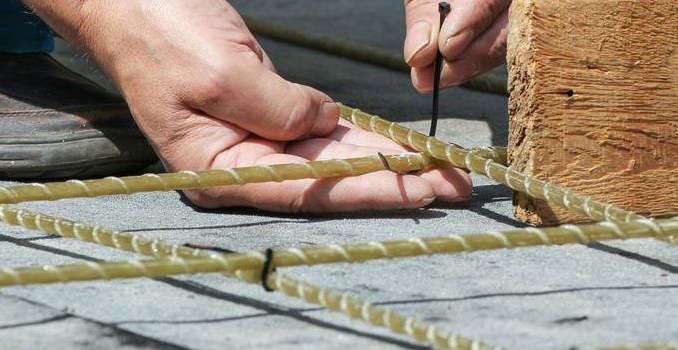How to Choose the Best Fiberglass Rebar Suppliers for Your Project
Introduction
Fiberglass rebar (GFRP rebar) is increasingly becoming the preferred reinforcement material in construction due to its corrosion resistance, lightweight nature, and high tensile strength. However, selecting the right fiberglass rebar suppliers is crucial to ensure quality, durability, and cost-effectiveness for your project.
This guide will walk you through the key factors to consider when choosing a supplier, including material quality, certifications, pricing, and customer support. By the end, you’ll be equipped with the knowledge to make an informed decision.

1. Why Fiberglass Rebar? Key Benefits
Before diving into supplier selection, it’s essential to understand why fiberglass rebar is gaining popularity:
Corrosion Resistance – Unlike steel, GFRP rebar does not rust, making it ideal for marine environments, bridges, and wastewater treatment plants.
Lightweight – Easier to transport and install, reducing labor costs.
High Tensile Strength – Stronger than steel in some applications, with a higher strength-to-weight ratio.
Non-Conductive – Perfect for projects near electrical installations.
Longevity – Lasts longer than traditional steel rebar, reducing maintenance costs.
Given these advantages, choosing a reliable fiberglass rebar supplier ensures you get the best material for your needs.
2. Key Factors When Selecting Fiberglass Rebar Suppliers
A. Quality & Material Standards
Not all fiberglass rebar is created equal. Look for suppliers that adhere to international standards such as:

ASTM D7957 (Standard Specification for Solid Fiberglass Rebar)
ACI 440 (Guide for Design & Construction with FRP Bars)
ISO 9001 (Quality Management Certification)
Ask suppliers for:
Third-party testing reports
Sample batches for evaluation
Case studies of past projects
B. Manufacturing Process & Technology
Top-tier fiberglass rebar suppliers use advanced pultrusion processes to ensure consistent quality. Key manufacturing considerations include:
Resin Type – Vinyl ester resin offers better corrosion resistance than polyester.
Fiber Alignment – Proper fiber orientation ensures maximum strength.
Surface Texture – Deformed or sand-coated rebar provides better bonding with concrete.

C. Supplier Reputation & Experience
Industry Experience – Suppliers with 10+ years in the market are more reliable.
Customer Reviews – Check testimonials on Google, LinkedIn, and industry forums.
Project Portfolio – Ask for examples of past projects (bridges, tunnels, seawalls).
D. Pricing & Cost Efficiency
While cost shouldn’t be the only factor, competitive pricing is crucial. Consider:
Bulk Discounts – Some suppliers offer better rates for large orders.
Shipping Costs – Local suppliers may reduce logistics expenses.
Long-Term Value – Higher upfront costs may mean better durability and lower maintenance.
E. Customer Support & Logistics
Reliable fiberglass rebar suppliers should offer:
On-Time Delivery – Delays can disrupt construction schedules.
Technical Support – Assistance with design and installation.
After-Sales Service – Warranty and replacement policies.
3. How to Verify a Supplier’s Credibility
Before finalizing a deal, conduct due diligence:
A. Request Samples & Test Reports
Test the rebar for tensile strength, flexural strength, and bond strength.
Ensure compliance with ASTM/ACI standards.
B. Visit Manufacturing Facilities (If Possible)
Inspect production lines and quality control measures.
Meet the engineering team to assess expertise.
C. Check Certifications & Industry Affiliations
Look for ISO, ASTM, and ACI compliance.
Membership in industry groups (e.g., ACMA, FRP Institute) adds credibility.
D. Compare Multiple Suppliers
Get quotes from at least 3-5 suppliers.
Evaluate their responsiveness and willingness to customize solutions.
4. Common Mistakes to Avoid When Choosing a Supplier
Choosing Based Solely on Price – Low-cost options may compromise quality.
Ignoring Certifications – Non-compliant rebar can fail inspections.
Overlooking Lead Times – Delays can stall construction.
Not Testing Samples – Always verify material properties before bulk orders.
Conclusion
Selecting the right fiberglass rebar suppliers is critical for the success of your construction project. By focusing on quality standards, supplier reputation, pricing, and customer support, you can ensure long-term durability and cost-efficiency.
Key Takeaways:
✔ Verify certifications (ASTM, ACI, ISO).
✔ Test samples before bulk purchasing.
✔ Compare multiple suppliers for the best deal.
✔ Prioritize experience and customer reviews.
If you’re looking for high-quality fiberglass rebar suppliers, start by requesting quotes and samples from reputable manufacturers today.

FAQ Section (For SEO)
Q1: What is the lifespan of fiberglass rebar?
A: Fiberglass rebar can last 80-100 years, depending on environmental conditions.
Q2: Is fiberglass rebar more expensive than steel?
A: Initially, yes, but long-term savings (less maintenance, no corrosion) make it cost-effective.
Q3: Can fiberglass rebar be used in high-temperature environments?
A: Standard GFRP rebar has a max operating temperature of around 150°C; specialized versions exist for higher heat.
Q4: Where can I buy fiberglass rebar?
A: Reputable suppliers: https://www.cqdjfrp.com/fiberglass-rebar

